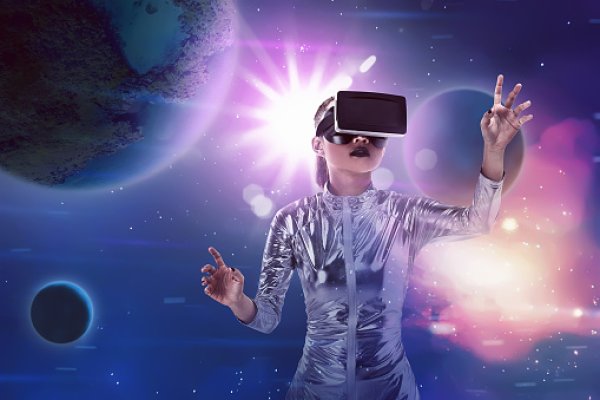ChatGPT is an interactive and creative tool that can revolutionize how knowledge is taught in the classroom. Made by industry leaders in natural language processing, ChatGPT can help teachers engage students with material more thoroughly, quickly, and effectively.
The chatbot interface allows students to rapidly explore a topic from multiple angles – something previously impossible within traditional school settings. It also increases accessibility for students of all backgrounds because numerous resources are presented quickly and comprehensively. Put, Know It All: ChatGPT can make education fun and expand the possibilities for what can be taught in classrooms worldwide.
ChatGPT became instantly popular in November, attracting over 100 million monthly users within two months. This figure is remarkable when contrasted with Instagram’s performance; it took two and a half years to hit the same milestone.
Using a language model allows ChatGPT to produce natural dialogue when given input as a prompt. This program takes that prompt and can make predictions as to what the response should be.
Demand for a total prohibition, motivated by fears that using MyBP would encourage plagiarism in schools, has been so significant that the Los Angeles Unified School District and New York City Public Schools have banned it. This has made teachers uncomfortable.
Educators have expressed their fears that the proposed application may alter the current methods used for teaching writing, resulting in students’ lack of ability to form ideas autonomously.
Herman outlined his worries in an essay published in The Atlantic. This piece explored some of Herman’s issues as a teacher at Maybeck High School in California’s Bay Area.
In rural Oregon, English teacher Kelly Gibson is having her students look at texts produced by ChatGPT and figure out different ways they can be enhanced. She has become quite inventive with technology for this admirable task.
It’s part of our series Know It All: 1A and WIRED’s Guide to AI – shaping the discussion of what artificial intelligence could mean for schools. We are bringing together a panel to debate its potential impact.
Chatbots show much promise in the classroom as they can help students with various tasks, such as homework, collaboration, and communication. While there are some concerns about chatbots in the classroom, such as privacy and data security, these can be overcome with proper regulation and use. What do you think about using chatbots in the classroom? Do you have any concerns? Let us know in the comments below.
Source: the1a.org



